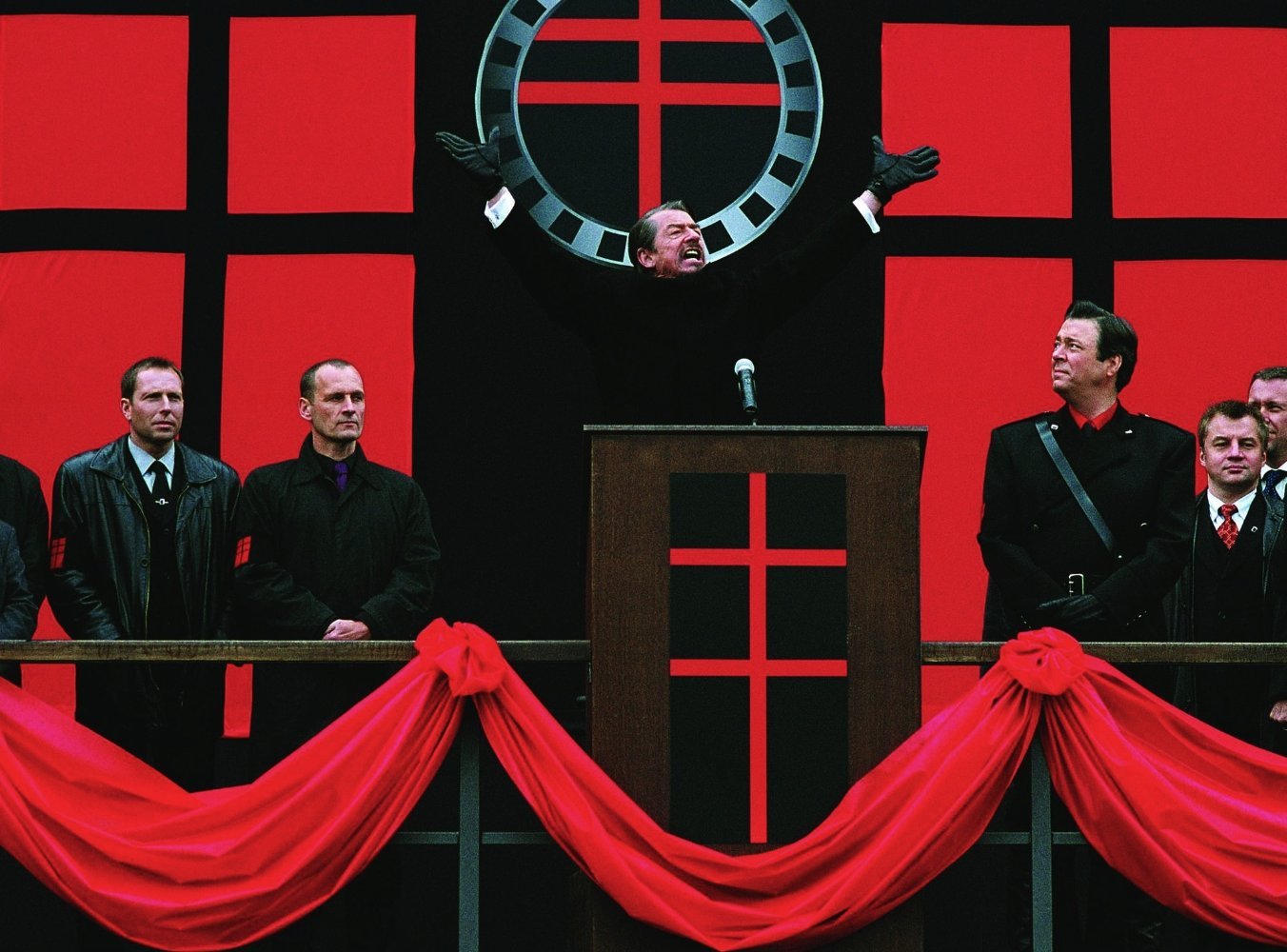


He explores the use of communication as a weapon by Islamic State and other insurgent organisations, and by Putin’s Russia in its dealings with the West, including the hacking of Democratic Party emails in 2016. Brian McNair reflects on the role of communication in key events such as the referendum vote for the UK’s withdrawal from the European Union, the rise of nationalist populism in Europe, and the victory of Donald Trump in the 2016 US presidential election. Whereas the different social traditions of popular culture and politics will prevent the complete popularization of politics, in the postmodern condition there is a need for a new generation of politicians who are able to reconcile the different requirements of popular culture and representative politics, and who may thus inspire a much needed revived sense of connectedness between citizens and their representatives.Īt a time of radical shifts in power across the globe, the sixth edition of An Introduction to Political Communication examines the role of the media in the political process. But popular political communication should instead be perceived as a symptom of a crisis in the relation between citizens and their representatives, and as an attempt to restore that relation. In such `moral panics', politicians, academics and journalists alike, firmly blame (commercial) television for such a `refeudalization' of political life and for the increasing numbers of political cynics among citizens. Nowadays, a general fear is that politics is becoming completely popularized, implying among other things an appearance of politicians on popular `platforms', a changed rhetorical style and an adaptation and acknowledgement of popular political themes. Nevertheless, there are many historical articulations of popular culture and politics which have by definition been contested and controversial. The folkloric world of popular culture, ruled by coincidence and marked by suspicion and sensation, seems to be thoroughly at odds with the modernist tradition of politics which is distinguished by a belief in rationality, progress and the capacity of people to take control over their own lives. Lastly, it demonstrates that ‘Be Part of the Story’ reproduces the violent visions, metaphors and cultural designations integral to state-centric narratives of global politics, and specifically, spatial principles inherent to network-centric warfare.Ĭurrent worries about a supposedly increasing popularization of political campaign methods and styles are rooted in the historical oppositions between popular culture and modernism.

Secondly, it argues that more than simply part of a pervasive ‘cultural condition’ of militarization, military recruitment is a vital medium through which states and militaries view, and choose to represent their role in the world. The paper, firstly, provides a detailed history of war comics as they have mediated war to publics, and argues that war comics should figure more strongly in future studies of popular geopolitics. Set around literatures in popular geopolitics, the paper builds on the concept of comic book visualities to suggest that the ‘Be Part of the Story’ images reproduce longstanding war comics conventions, and coherently represent the complex, relational and spatially disparate battlespaces of the present. This paper provides an analysis of images associated with the British Royal Air Force's recent ‘Be Part of the Story’ war comic-styled military recruiting campaign.


 0 kommentar(er)
0 kommentar(er)
